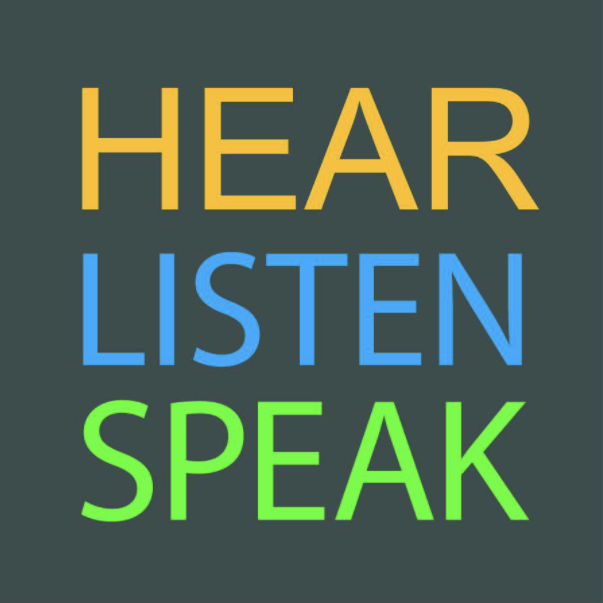People always ask me how I learn languages.
My response is very simple: I listen to tons of music, then have a crapload of conversations and learn from many mistakes.
As you’ll notice from the title of this blog, I think languages are generally taught ass-backwards.
When we jump right into written words, traditional grammar study, and drills, we skip right over one of the hardest but most fundamental aspect of language:
The SOUNDS!
Everyone instinctively knows from experience that all languages (and regional/social dialects) sound different.
That’s what gives us all different accents.
Think of the particular sounds of any given language like the notes of a musical scale.
Every song is composed of these basic notes, in various combinations and differing lengths.
The basic sounds (or phonemes) of every language are just like these notes.
Every exclamation, word, and sentence that people say in a language just combines these sounds in different ways.
And if you want to understand native speakers who talk really fast (and definitely not like the language is written), speaking to them in their language with a good accent…
Well then we’re gonna need a lot of sound training, way more than you probably ever got in a high school language class.
That’s where music comes in.
I don’t think there’s a better, more effective, funner way to get your ears used to the sounds and rhythm of a new language.
We call them “foreign” languages because they sound different, strange, distant from what we’re used to.
The goal with extensive and intensive music exposure is to turn a “foreign” language into a familiar one.
So go to town! Hop on Spotify or YouTube or wherever you find your music.
Search for [your favorite genre + name of language]
Ask your friends who speak the language for their recs, or just google around.
Once you find music you really love, save it to a language-specific playlist and use it as a springboard – play related song radio and artists.
You’re looking for music that inspires you to listen over and over again, that you want to come back to years into the future.
Counterintuitive pro tip: you do NOT have to understand anything at this point, or even try to!
This is all about the sounds, enjoying listening to the language and its musics.
If you really have to know, of course you can find translations of the lyrics.
But from my experience, you won’t really retain much if you just plug a whole song into google translate.
After you’ve been listening for a while, it can be helpful to read the lyrics as you listen to the songs.
But you have to be really careful here if your language shares an alphabet with others:
Letters are used VERY differently across languages, so seeing the same letters that represent different sounds can be extremely detrimental to your accent.
For example, the letter R can represent more than 5 distinctly different sounds in the languages I speak (just in German, it can be pronounced three different ways!)
So my recommendation for beginning languages is to:
- Have fun finding a lot of music you really love
- Listen extensively and attentively, letting the sounds wash over you and enjoying hearing them
- Notice how the sounds are similar and different to other languages you speak – what sounds tricky?
- When you’re ready, start to sing along to your favorite songs! Little bits and pieces at a time
I know this might seem weird and very contrary to what you think about language learning.
But trust me, this is by far the most effective, enjoyable, and efficient way to train your ears to hear the sounds of a new language.
With this phonetic foundation, you’ll be way better prepared to understand fast native speech and speak with a great accent quicker.
